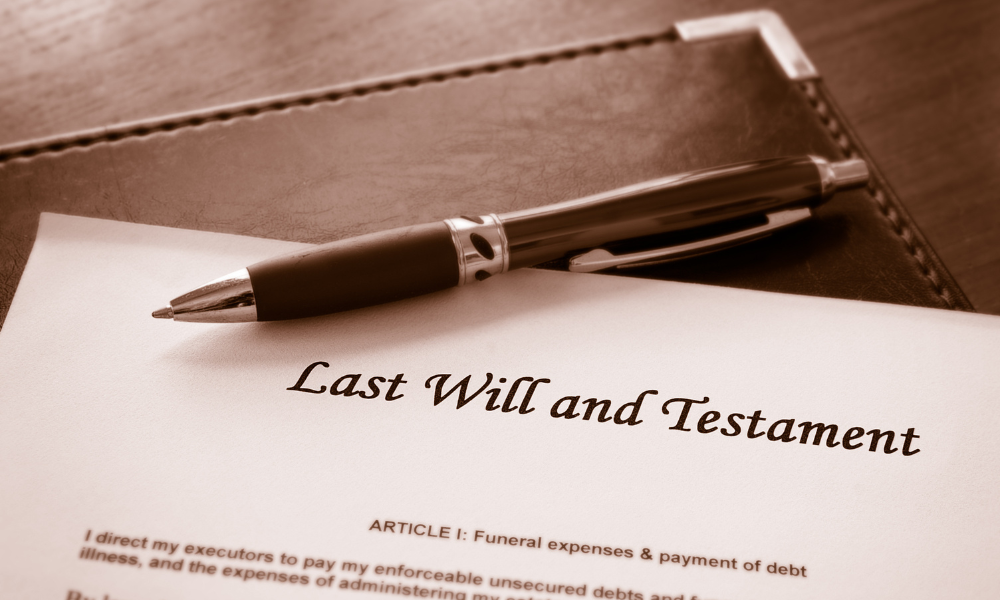
Immunity arises from longstanding common law position, ruling says

The Court of Appeal has held that absolute privilege protected emails received by the New Zealand Law Society when investigating whether it should issue a certificate of character to one seeking admission as a barrister and solicitor.
The appellant in this case finished his law degree in July 2020 and applied in August 2020 for a certificate of character from the Law Society, which was a requirement for his application to be admitted as a barrister and solicitor of the High Court of New Zealand.
The Law Society made the relevant enquiries and received emails from the respondent about the appellant’s character. It refused to issue the certificate, which delayed the appellant’s application for admission.
This prompted the appellant to go to the High Court to file a claim alleging that the respondent’s emails defamed him. The appellant requested declaratory relief plus damages and later amended his claim to add other causes of action.
The respondent applied to strike out part of the appellant’s claim. The respondent argued that two causes of action were not reasonably arguable because the Limitation Act 2010 barred them.
The respondent also alleged that he had a complete defence to two other causes of action, which were subject to the protection of absolute privilege. The High Court granted the respondent’s application.
In Jindal v Daruwalla, [2024] NZCA 685, the Court of Appeal dismissed the appeal. The appeal court ruled that absolute privilege protected the emails from the respondent to the Law Society.
This privilege arose from the longstanding common law doctrine vesting absolute privilege in communications said, written, or done in judicial proceedings, the appeal court explained. The privilege did not come from s. 14(1)(b) of the Defamation Act, given that the Law Society was not under a duty to act judicially, the appeal court clarified.
The appeal court held that common law absolute privilege applied to the Law Society’s investigations for the purposes of issuing or refusing to issue a certificate of good character since this would be integrally connected to judicial proceedings, namely a candidate’s application to the High Court for admission as a barrister and solicitor.
In this case, the respondent’s communications to the Law Society amounted to evidence made for the purpose of a judicial proceeding, which was subject to the protection of the common law privilege applicable to witnesses, judges, counsel, parties, and documents produced in the course of judicial proceedings, the appeal court found.
This common law immunity, based on public policy, covered courts of justice and tribunals acting judicially, the appeal court said. The need to prevent a restriction of the speech of participants outweighed the risk of impacting one’s reputation throughout the judicial proceedings, the appeal court added.
The appeal court explained s. 14(1)(b) of the Defamation Act was not the source for the Law Society’s absolute privilege in this case, given that the Law Society was not acting as a tribunal or authority with characteristics similar to a court of law when making enquiries on whether it should provide a certificate of character.